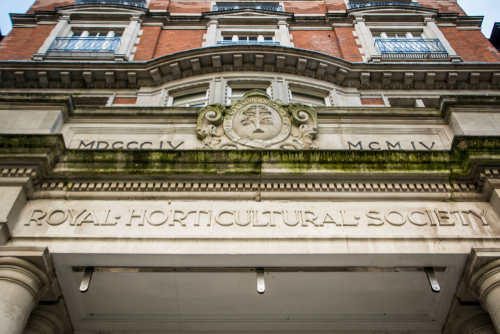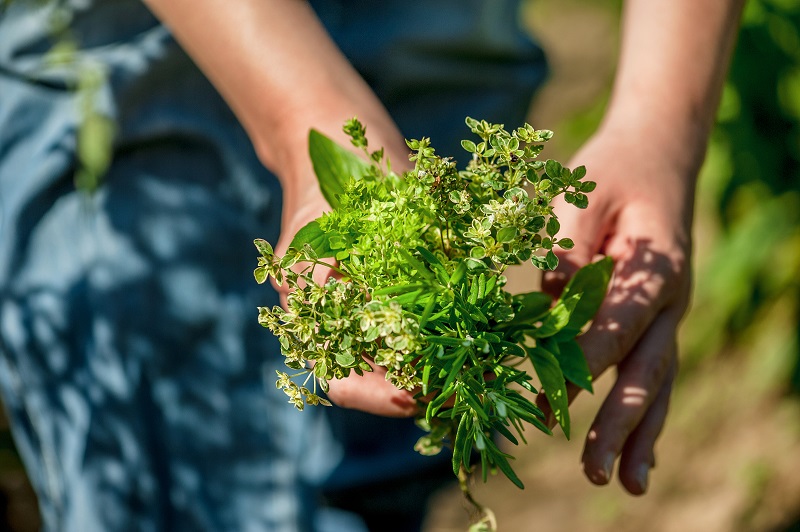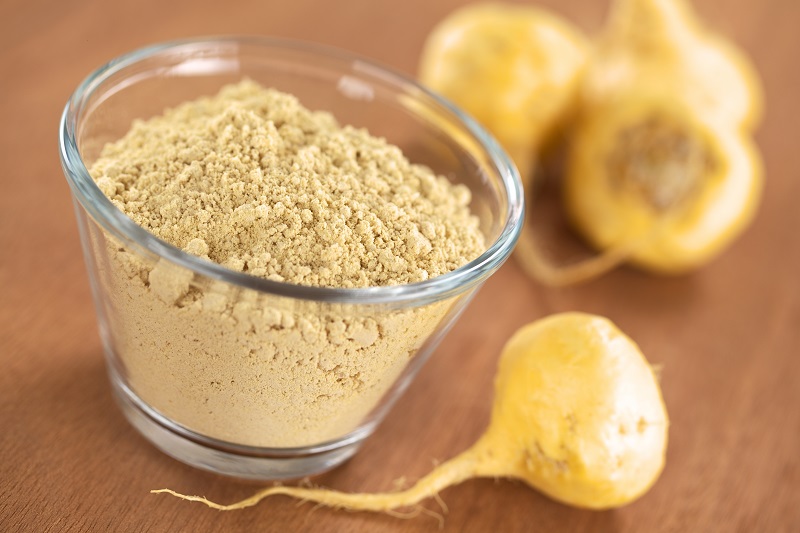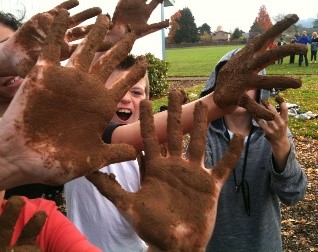Historical Herbalist: Mrs. M. Grieve
Introduction
Those that have studied herbalism have heard about Mrs. M. Grieve and her book A Modern Herbal. Born in 1858 in London, Sophie Emma Magdalene Grieve was introduced to herbal medicine during her time in India in the early 1880s.1 Eventually, after many years in India, Mrs. M. Grieve and her husband, William, returned to England in the early 20th century.
Herbalism in England
After returning to England, Mrs. M. Grieve and her husband settled into a home they called The Whins in Buckinghamshire.1 She later found The Whins Medicinal and Commercial Herb School on the 6-acre property. Indeed, it is here that she shared her knowledge of how to grow, harvest, and prepare herbs for use in medicine with other women. 2 Not to mention, much of the knowledge she held came from her fellowship at the Royal Horticultural Society, a training school on herb growing, processing, and marketing. In addition, she was also the President of the British Guild of Herb Growers and a fellow of the British Science Guild. 3
Frontline Gardening
In 1914, the government enlisted her to produce medicinal herbs. Due to the German control of multiple European countries in World War I, there was a shortage of medicinal supplies. Later, in 1916, her Herb School became the School of Drug Growing.4 During this time of war, she trained mainly wealthy women on how to harvest and prepare medicinal herbs.2 Because of the war, the herbs for pain medication were in high demand and included foxglove, deadly nightshade, and wolf’s bane.1 In addition to Mrs. M. Greive’s herbal production, she also wrote educational materials as they related to herbs.5 In fact, in 1931, the much of the content in the pamphlets made their way into her book, A Modern Herbal.6 The book is an indispensable resource for herbalists today.
Sources
2 – Chalfont St Peter – The Limes Postcards
3 – Chalfont St Peter’s Roll of Honour – Great War Buckinghamshire
4 – 3 Old-Timey Herb Books You Can Read Online – The Herbal Academy
5 – An Herbalist’s Library: Historical References – Traditional Medicinals







